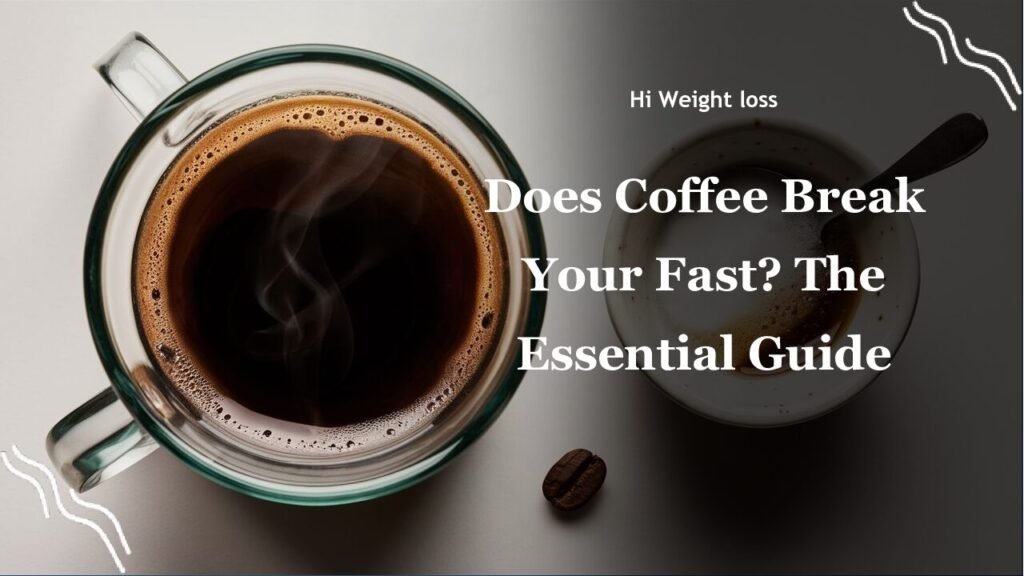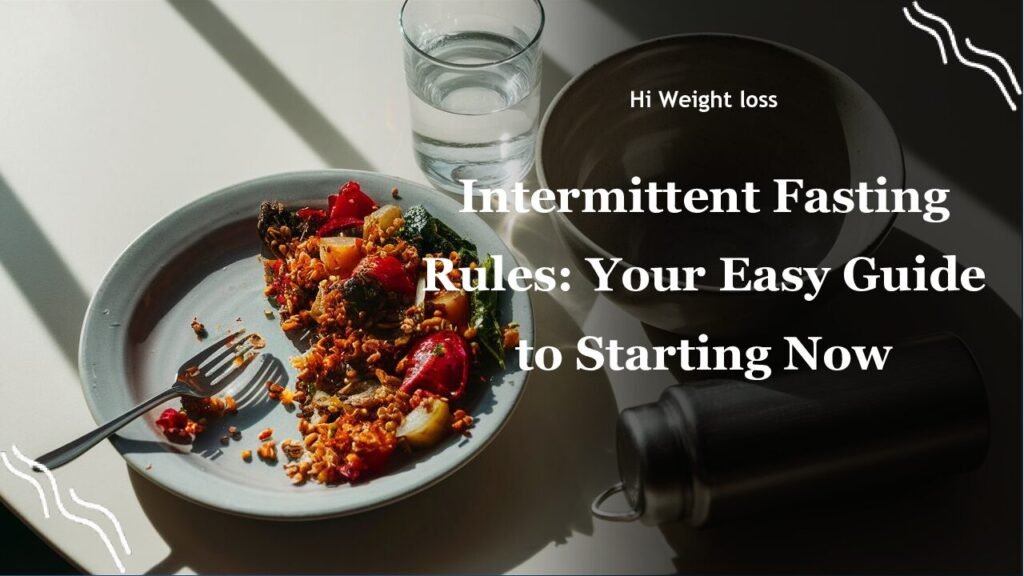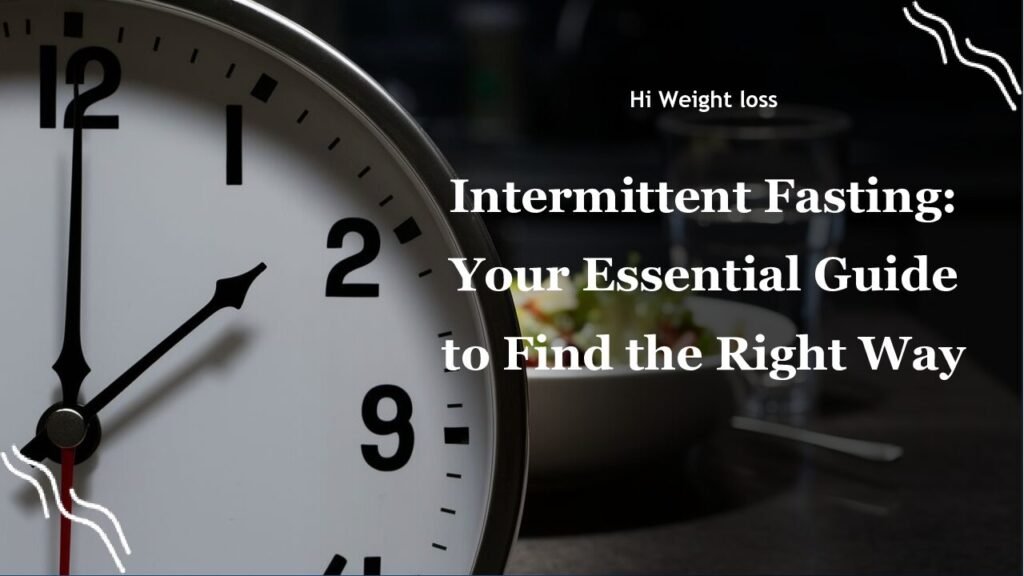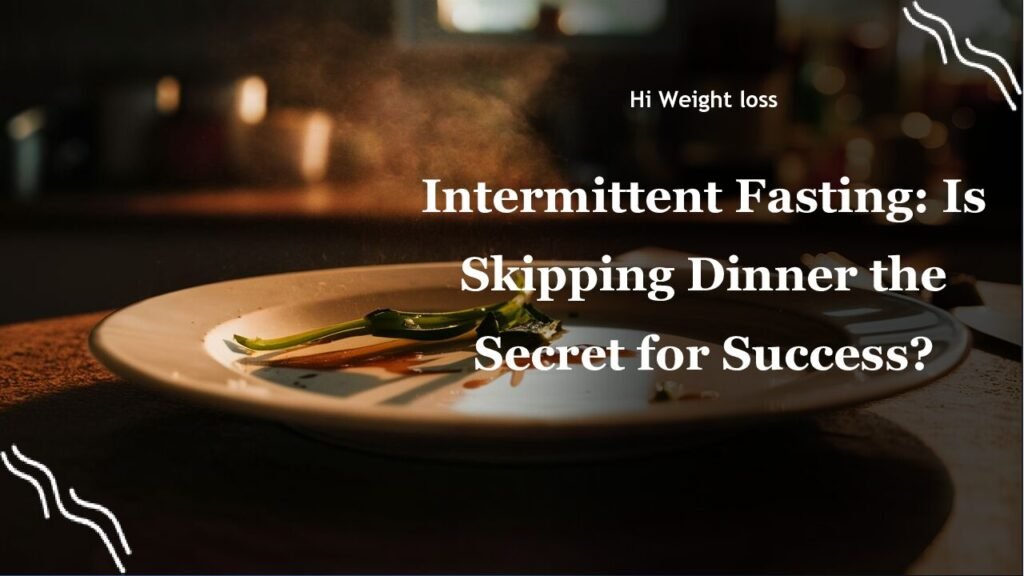Ever wondered if your morning cup of joe is sabotaging your intermittent fasting efforts? It’s a common concern for those practicing time-restricted eating, and the worry about accidentally breaking a fast can be frustrating. This article will clear the air, revealing whether coffee disrupts fasting and how to enjoy your brew without compromising your goals. We’ll delve into the science, explore various scenarios, and give you practical tips so you can navigate your fast with confidence.
Does Coffee Break a Fast?
The simple answer? It depends. Black coffee, in its pure form, is generally considered fasting-friendly. But why? Let’s break it down. Black coffee contains very few calories, usually less than 5 per cup, and it doesn’t significantly raise your blood sugar or insulin levels. These factors are crucial because maintaining low insulin levels is what allows your body to enter that fat-burning state that is often the goal of fasting. I remember when I first started intermittent fasting, I was so worried about every little thing I consumed, thinking it would ruin my progress. It’s a common concern, but with the right information, we can make the best decisions.
The Science Behind Fasting and Coffee
When you fast, your body switches from using glucose (sugar) as its primary energy source to using stored fat. This metabolic shift is why many people adopt intermittent fasting. The key hormone here is insulin. When you consume calories, particularly carbohydrates, your body releases insulin to help move the glucose into your cells for energy or storage. However, this insulin spike can impede the fat-burning process. So, where does coffee fit into all of this?
The good news is, black coffee has a minimal impact on insulin. Studies show that it doesn’t trigger a significant insulin response, making it a relatively safe beverage during your fasting window. Think of it like this – black coffee is like a visitor who walks through the door quietly, barely making a sound, while sugary coffee is like a visitor who slams the door and shouts a greeting. One is disruptive, while the other is not. This is why black coffee is considered fasting-friendly by many.
What Can Turn Your Coffee Into a “Fast-Breaker”?
While black coffee is generally safe, adding ingredients to it can disrupt your fast. What can turn your coffee into a fast-breaker? Milk, sugar, and flavored creamers, are prime culprits. These additives contain significant amounts of calories and carbohydrates. As we just learned, these components cause a spike in insulin, which can take you out of that fat-burning state you’re trying to achieve. I’ve learned this first-hand by adding just a splash of half-and-half. Even that small addition made me feel less energetic and I didn’t see the results I wanted. It taught me the importance of being mindful about what goes into my coffee during a fast.
Here is a short table showing the difference between common coffee additions and their effect on fasting:
| Ingredient | Impact on Fasting | Why? |
|---|---|---|
| Black Coffee | Generally Safe | Very few calories, minimal impact on insulin |
| Milk | Breaks Fast | Contains calories, carbohydrates and proteins, leads to insulin spike |
| Sugar | Breaks Fast | High in carbohydrates, causes a rapid rise in blood glucose and insulin |
| Flavored Creamer | Breaks Fast | Often high in calories, sugars, and unhealthy fats, leading to an insulin response. |
Be sure to check the ingredients list of your favorite flavored creamers, because they often contain not just sugar, but also unhealthy fats that might derail your fast. Even artificial sweeteners, though calorie-free, might affect your insulin levels and gut health for some people. It’s crucial to be mindful of all additives during a fasting period.
The Autophagy Factor
There’s another interesting aspect of fasting to consider: autophagy. Autophagy is a process where your cells clean out old or damaged parts. It’s like your body’s own recycling system, and it’s believed to have significant health benefits. Some evidence suggests that caffeine, which is present in coffee, might interfere with autophagy, especially at higher doses. While the impact of caffeine on autophagy is still being studied, some people may want to be cautious about coffee if the main focus of their fast is promoting autophagy.

Personally, I noticed that if I have coffee very early and late in my fasts, I might feel some jitters and that I might get a bit over stimulated. As such, I tried to consume a lower amount of coffee during my fasting hours. You might need to test for yourself to find your optimal consumption window.
Practical Tips for Coffee During Fasting
Now that we have covered some of the basics, let’s make it actionable. If you’re unsure if your coffee is breaking your fast, here’s a checklist you can use:
- Stick to Black Coffee: Make sure your coffee is free from milk, sugar, and creamers during your fasting window.
- Be Aware of Artificial Sweeteners: Some people might be sensitive to certain artificial sweeteners, which can still cause an insulin response.
- Monitor Your Body’s Response: See how your body feels during and after consuming coffee in your fast. Does it negatively impact energy or your feelings of hunger?
- Consider Timing: If autophagy is your main goal, you may want to keep your consumption lower or away from the start of your fast.
- Don’t Overdo It: Drink your coffee in moderation. High doses of caffeine can have other negative impacts.
Remember, the main goal is to be aware of your body and its response to your choices. It’s about finding the best fit for you and your goals. Don’t be too hard on yourself, intermittent fasting, like any other health journey, will require some experimentation to fine-tune.
Can You Drink Coffee While Intermittent Fasting?
In short, yes, you can drink coffee while intermittent fasting. However, the devil is in the details. The crucial factor is how you prepare your coffee. Black coffee is generally a safe choice. As long as you keep it free from milk, sugar, and other high-calorie or high-carbohydrate additives, you are likely to continue to enjoy the benefits of your fast. Remember, the goal is to minimize insulin response and promote fat burning. As long as you are aware and thoughtful about your choices, you can continue to enjoy your cup of coffee while practicing intermittent fasting. The bottom line is that black coffee does not break a fast.
Conclusion
So, to reiterate, _does coffee break a fast_? The short answer is: generally, no, black coffee does not break a fast. The longer answer, however, is that additives can quickly turn your coffee into a fast-breaker. If you’re practicing intermittent fasting, you’ll want to be particularly careful about what you add to your brew. Milk, sugar, and flavored creamers should be avoided during your fasting window. The key here is mindfulness and awareness. By carefully considering your choices and how they impact your body, you can find a sustainable approach to intermittent fasting. Now, equipped with this information, you are better prepared to make informed decisions, and feel comfortable having your morning cup of black coffee, without worry. Why not share this article with a friend who might be wondering the same thing? Your experience might help them to reach their fitness goals, all while enjoying a coffee.
FAQ
Can I use artificial sweeteners in my coffee while fasting?
While some artificial sweeteners are calorie-free, they might still cause an insulin response in some people. It’s best to use them sparingly or avoid them during your fasting period to be sure your fast is not broken.
Will adding a splash of milk break my fast?
Yes, even a small amount of milk can introduce enough calories and carbohydrates to disrupt the fat-burning state and break your fast.
Does decaf coffee have the same impact as regular coffee?
Decaf coffee, like regular black coffee, is generally safe for fasting. The key impact comes from caffeine, and decaffeinated coffee has a much lower amount of it.
Can I add cinnamon to my coffee during a fast?
Adding small amounts of spices like cinnamon can be ok during a fast, as they have minimal calories and do not cause an insulin spike. However, monitor your body’s response to be sure.



